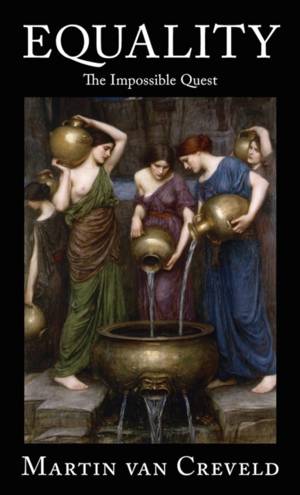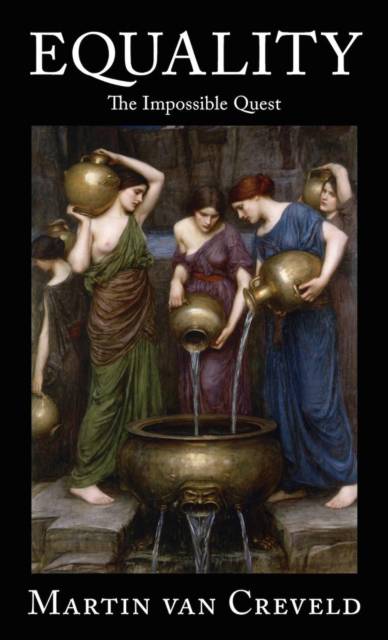
Bedankt voor het vertrouwen het afgelopen jaar! Om jou te bedanken bieden we GRATIS verzending (in België) aan op alles gedurende de hele maand januari.
- Afhalen na 1 uur in een winkel met voorraad
- In januari gratis thuislevering in België
- Ruim aanbod met 7 miljoen producten
Bedankt voor het vertrouwen het afgelopen jaar! Om jou te bedanken bieden we GRATIS verzending (in België) aan op alles gedurende de hele maand januari.
- Afhalen na 1 uur in een winkel met voorraad
- In januari gratis thuislevering in België
- Ruim aanbod met 7 miljoen producten
Zoeken
Omschrijving
All over the Western world gaps between rich and poor are widening-or the headlines say. Nobody has done more to spread this view than the French economic historian Thomas Piketty, whose best-selling volume, Capital in the Twentieth Century, not only documents the process but represents one long call for reducing the gaps so as to create a more equal society. But what is equality? Who invented the idea, when, where, and why? How did it develop, grow, mature, and interact with other ideas? How was it implemented, and at what cost? Are we getting closer to it? What is the promise? What is the threat? There is equality before God and equality here on earth. There is natural equality and the kind of equality that society creates. Some people, incidentally, want to extend equality to animals and plants as well. There is equality of body and there is equality of mind. There is economic equality and there is equality before the law. There is civic equality and there is political equality and there is equality of opportunity and there is equality in front of death. There is equality among individuals and there is equality among groups, nations, and races. In Aldous Huxley's celebrated book, Brave New World, this truth is held to be self-evident that men are equal in respect to their physico-chemical makeups, but in no other way. The list is seemingly endless Equality: The Impossible Quest considers all these problems and more. It begins by considering our primate relatives as well as various historical societies that never heard of equality. Next, it traces the development of the idea and its implementation in various societies throughout history. This include ancient Greek equality as realized in Athens and Sparta, monastic equality in both East and West, social revolts aimed at establishing equality, utopian equality, liberal equality of the American and French Revolutionary varieties, socialist, communist and kibbutz equalities, Nazi equality, the equality of women and minorities, and biological equality through medical and genetic science. The last chapter deals with the greatest equalizer of all, death.
Specificaties
Betrokkenen
- Auteur(s):
- Uitgeverij:
Inhoud
- Aantal bladzijden:
- 364
- Taal:
- Engels
Eigenschappen
- Productcode (EAN):
- 9789527065525
- Verschijningsdatum:
- 17/05/2016
- Uitvoering:
- Hardcover
- Formaat:
- Genaaid
- Afmetingen:
- 140 mm x 216 mm
- Gewicht:
- 566 g

Alleen bij Standaard Boekhandel
+ 84 punten op je klantenkaart van Standaard Boekhandel
Beoordelingen
We publiceren alleen reviews die voldoen aan de voorwaarden voor reviews. Bekijk onze voorwaarden voor reviews.









